The Pope is old and unwell. In whatever time he has left, he surveys his years as pontiff and counts only failure. What does he leave behind? Collapsing attendance, theological confusion, a few sentimental encyclicals and a positive meeting with Whoopi Goldberg. Francis called a synod and it gave him nothing. So, in a last throw of the dice, he declares that priests can bless gay relationships — sorta, kinda, maybe not.
It’s all a muddle. The priest is not blessing the relationship but the partners; it must have no ritual; weddings are ruled out, for the teaching on marriage is unchanged. To effect this fudge, Francis has broken with the spirit of the Second Vatican Council by going over the heads of the bishops to empower the priests to offer the blessing. Yet he has also given these clerics no text to recite, so how are they supposed to know what to say?
If only Francis had focused all his energy on the poor and marginalised, his papacy might be remembered with fondness
Some (the Germans) will just conduct mock weddings. Others will be asked by parishioners to bless their arrangement, the priest will refuse, complaints will be raised — and the Church will be forced to clarify further, nudging Rome in an irresistible direction. Open a crack in the door marked “reform” and it never stays a crack. It widens and widens till a storm rages through, wrecking the temple within.
Conservatives insist the Pope is being misinterpreted by the secular media — yet again! But the Vatican itself is blowing the trumpet for this change, condensing what should have taken theologians years to debate into a press release that essentially says “the Pope makes the rules.”
Francis believes he can tinker with teachings. He did it on the death penalty, taking the nuanced position that it is possible but undesirable, and simply declaring that in light of his personal reading of the scripture, it is always wrong — suggesting that the Church was mistaken on this matter, and who knows what else?
Traditionalists will point out that this is nothing unique to Francis but the direction of travel for the Church since the 1960s, when the hierarchy first took a knife to Catholicism’s beautiful liturgy and universal language (Latin). Why get over-excited about gay blessings when we’ve had communion in the hand, ecumenism, “religious liberty,” watering down of moral teaching — for instance on Hell — and tolerance of the kind of trendy narcissism from which Francis sprang?
The answer is that I’m watching this unfold from England, where the Anglican Church allowed itself to be torn apart and then redefined by ceaseless debate about sexuality and gender. This has blunted its Gospel message and emptied the pews. For those of us who converted from Canterbury to Rome precisely because we sought a rock of stability in a sea of revolution, it smacks of déjà-vu.
Anglicans might add that this is the problem with having a pope, that investing power in one man leaves you vulnerable to the vicissitudes of personality. In the nineteenth century, Rome’s authority was enhanced in the expectation that it would be a guardian of tradition — but the sword has been turned against us. We were blessed in being led by John Paul II and Benedict XVI, one charismatic and the other brilliant, both men who defied the spirit of the times and thus gave the Church an attractive definition. Now we are led by a man of far lesser ability who chases the zeitgeist, in the process alienating the dwindling band of people who have stuck with the Church through scandals and pandemics because they thought it stood unreservedly for the Truth.
What are the options? Despair? Impossible. We don’t get to choose the time we live in or our battles; like Job we cannot begin to comprehend the purpose behind it all. To accept the logic of faith, one must have faith — even as the faith of others appears to weaken and bend. As for the source of strength to endure the coming chaos, I felt a touch of divine providence the day of Francis’s announcement. I happened to be meditating upon 2 Corinthians, chapter 12, in which St. Paul says that to keep him from feeling smug, the Lord placed a thorn in his flesh. Paul begged for it to be removed. The Lord replied: “My grace is sufficient for you, for my power is made perfect in weakness.”
God’s love is certain, and there is a miraculous nobility and strength in weakness: what the false world of man takes for defeat is the source of victory. The radical paradox of Christianity is that at the same time as we are invited to surrender our ego, we do so in the certainty that to God we are of vital importance — that the end goal is a self-giving love that transcends all our worries.
If only Francis had focused all his energy on the poor and marginalized, his papacy might be remembered with fondness. Instead, by constantly banging on about politics and vandalizing tradition, he distracts from the harder, greater work of getting on with being a Christian — of rolling up your sleeves and loving. His profession of open-mindedness has spelt indulgent self-examination. His pursuit of relevance makes the Church sound embarrassingly outdated. The secular world is marrying gay people left, right and center; we are about to have a pointless row about whether they might be blessed — with the confusing, patronizing caveat that this little wave of the hand is not an endorsement.
Ah well, this is my generation’s cross: to be led by old donkeys determined to wreck their inheritance, to bequeath us a ruin and say, with devilish pride, “I built this.”
This article was originally published on The Spectator’s UK website.



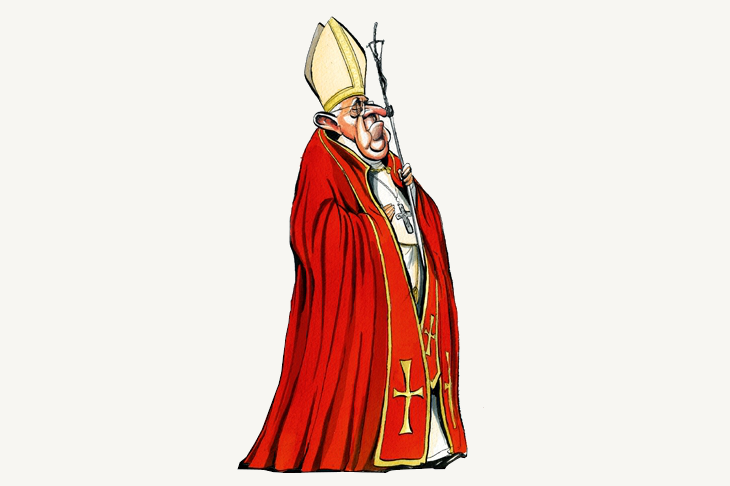








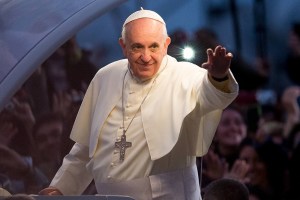

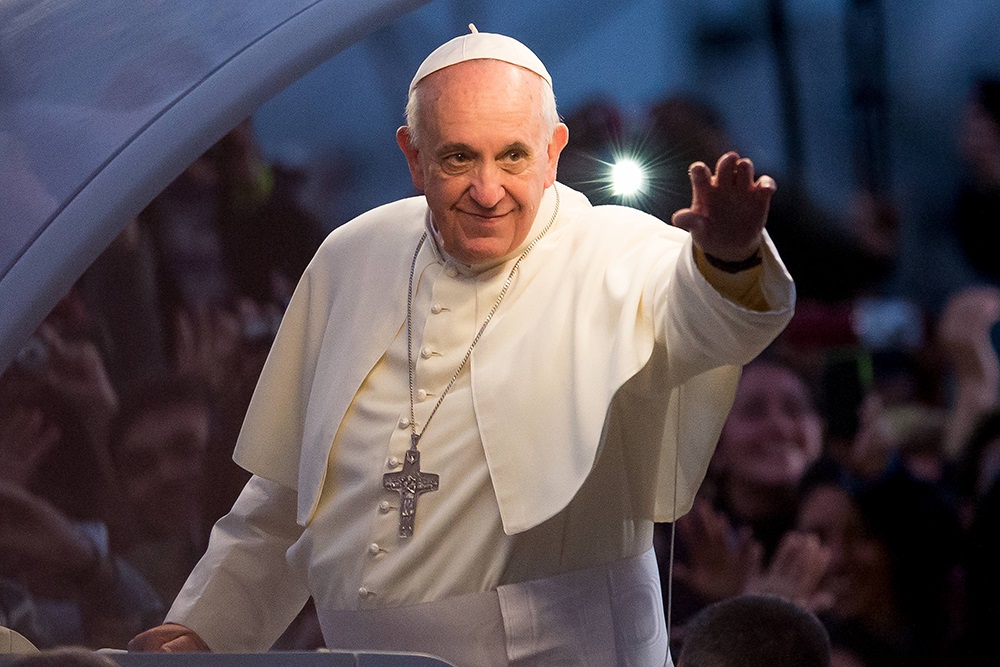
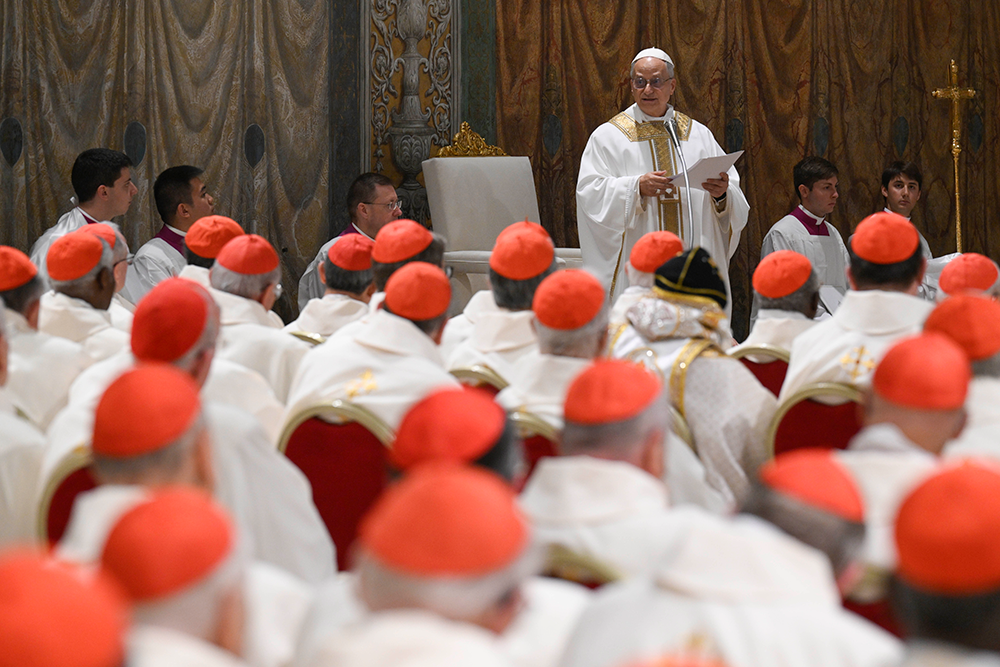
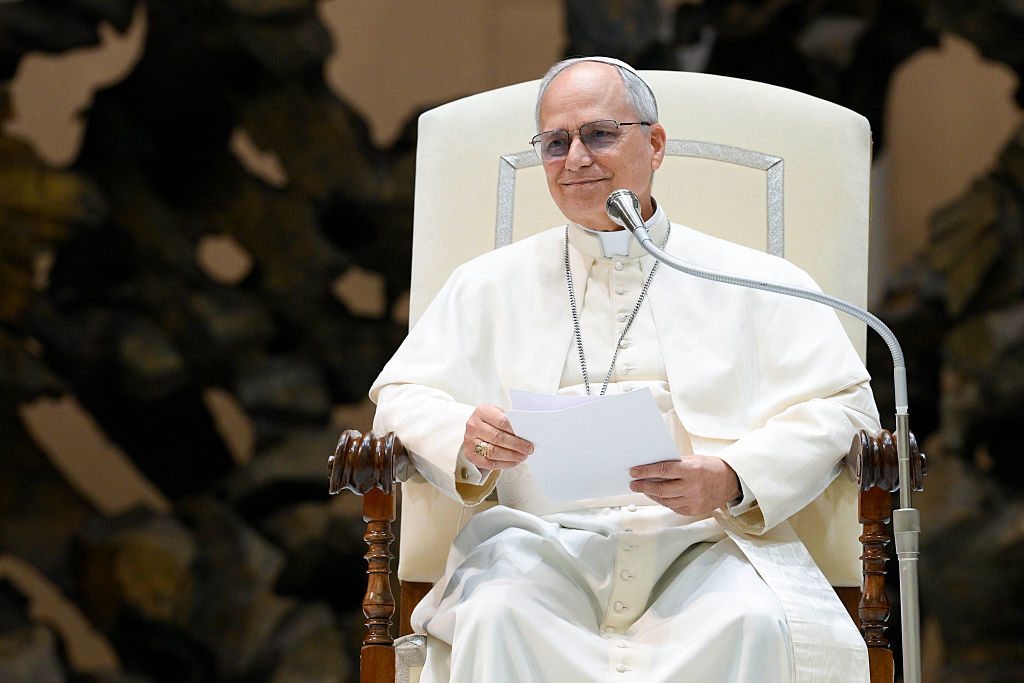
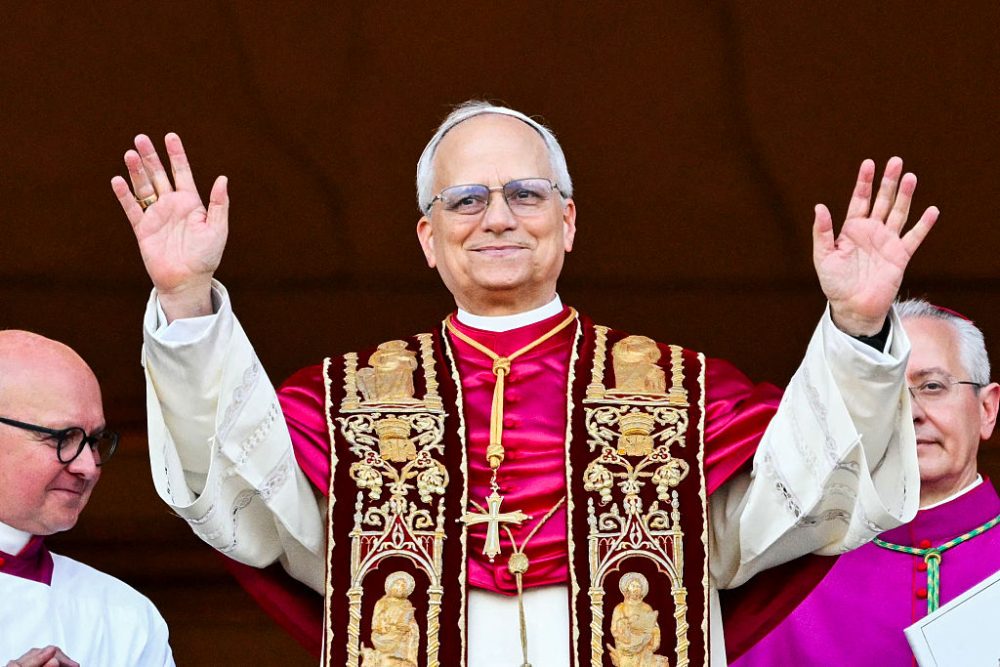
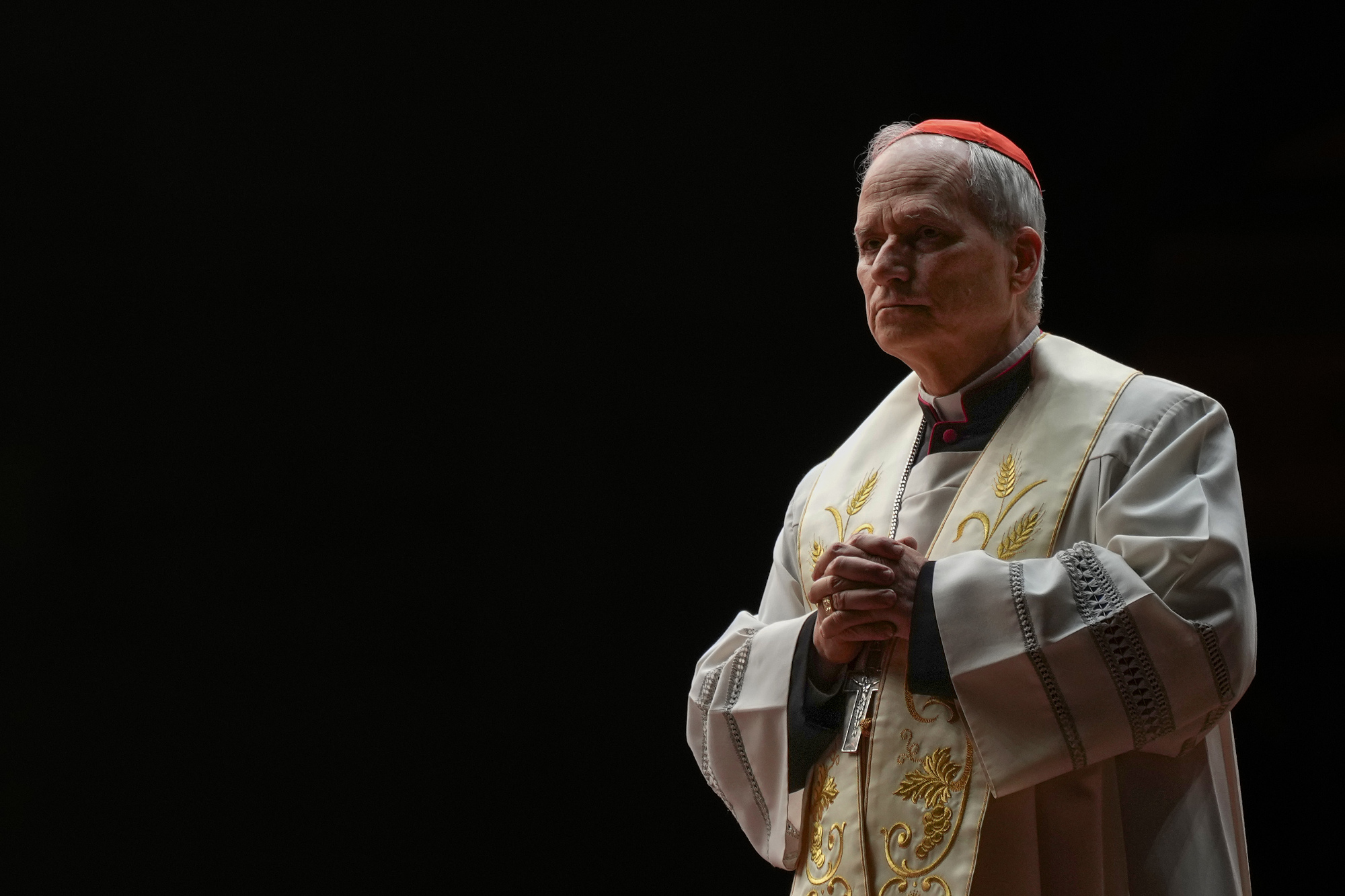







Leave a Reply